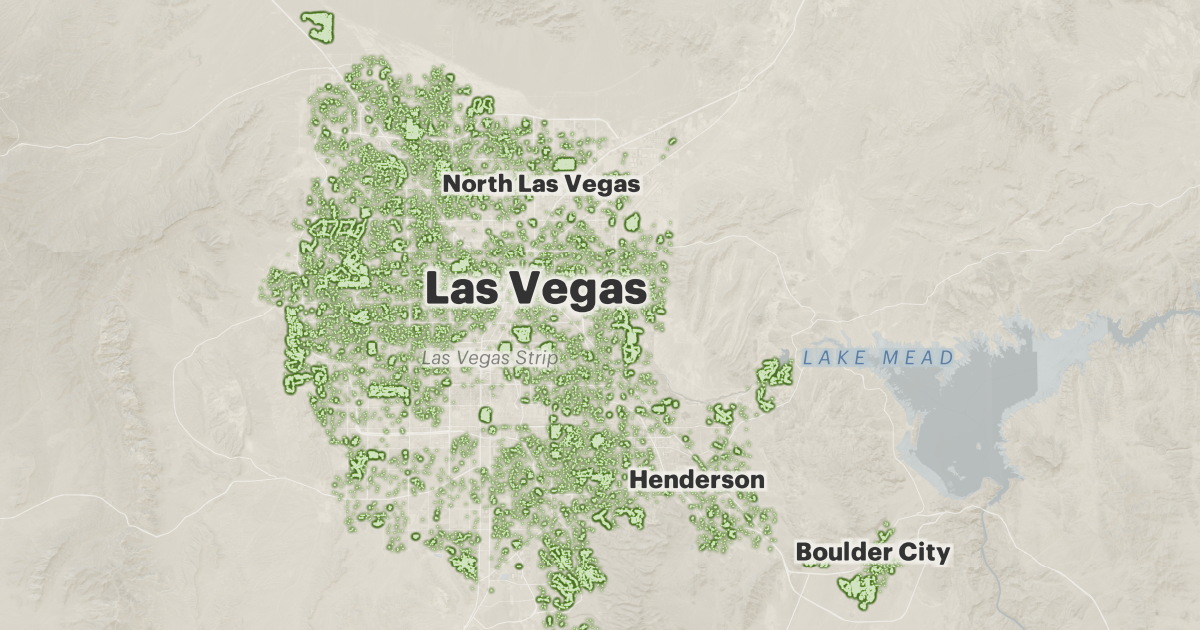
No, as we learnt in Cape Town that is just one of many things you need to do to accumalate the water savings:
- Stop washing vehicles. Commercial places started waterless washing. Car service centres and car rental agenciesd also all stopped washing cars.
- Stop rising down paving with water.
- Garden watering was limited to a specific times just after sunrise, and before sunset.
- Sliding scale rates were introduced so more you use, it gets a lot more expensive.
- If a household exceeded a cap (and no motivation was approved for more people in it), a special meter was fitted that stopped the water after a daily allocation.
- We put bricks inside toilet cisterns if they could not be adjusted down for usage.
- We showered instead of bathed, and even showers were turned off when soaping. I also fitted a low water usage shower head.
- Toilets only got flushed afer a number 2.
- Those who could afford it, installed 5,000L water tanks to catch the odd rainfal in their own tanks for watering gardens and filling koi ponds etc.
I’ve probably missed a few, but once the population realises how very serious the situation is, it becomes the right thing to do, and we dramatically cut the water usage. Even though we reached literally a week or tw9o before say 0, we never actually had the taps stop running.

The thing here is that agriculture and animal agriculture in particular is the primary water user of the American West. Over 50% of the Colorado river goes to animal feed alone. By in large, it’s been ignored in action on it. Focusing exclusively on domestic water usage isn’t going to be enough. That’s not to say that lawns and the like aren’t wasteful and that we shouldn’t take action on it, but that we should be doing way more on agriculture and animal agriculture especially


